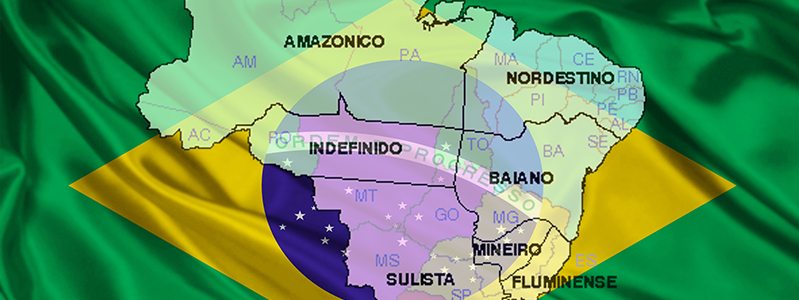Apart from Portuguese which is the official language in Brazil, a notable fact about the country is that its people speak over 160 other dialects and languages. The other major languages spoken widely are English and Spanish. However, the use of English is limited to major cities where Portuguese English Translation play an essential role in facilitating efficient communication for tourists, businesses and administrative processes.
As a multilingual society, Brazil has used the linguistic diversity to create a peaceful environment where different cultures co-exist in harmony. Where necessary and when needed, English Portuguese Interpreter services are engaged to propagate the sense of patriotism within the populace.
Here are 5 contributions that different dialects make to the national development and cultural integration in Brazil.
1. Languages Serve as Vehicles of Cultural Tolerance
Brazil is not only fiercely independent, but it is also a country where cultural tolerance is highly valued. The ease and eagerness with which Brazilians switch from one dialect or language to another is exceptionally charming. If a different language other than Portuguese suits an individual or a particular event, the people practically switch to that language without any fuss.
When that is not possible for any reason, the assistance by a Remote Interpreter is always just a mouse click or a phone call away. This makes conversations meaningful and enjoyable
2. Different Dialects Eases Travel and Speeds up Communication
Even though the prevailing Covid 19 pandemic now restricts people’s movement, one can still use the ample time spent indoors to learn a foreign language. The advantages that come along with this challenging endeavor are many, least of which are:
- Increased understanding of other cultures.
- Smoothening and easing travel and communication for visiting tourists and business people.
- It endears a country to foreigners as a destination of open-mindedness.
It is worth pointing out that acquiring knowledge about foreign languages helps people from different regions to forge better connections. Getting acquainted with other cultures through languages helps to strengthen the bond between people.
3. Minor Dialects Fastens Economic Progress
A smattering of other languages like French, Italian, Germany and Spanish spoken in Brazil play a significant role in improving economic progress. For example, although Spanish is only used to some degrees by many Brazilians, fluency in this language largely brings economic advantages. Nearly 7 of the 11 countries which are bordering Brazil have Spanish as their official language. It therefore contributes a lot to how business is conducted in the region.
4. Formalization of languages as a Cultural or linguistic Heritage
Since every language demonstrates intricate implications for social integration, communication, education and sense of identity, a multilingual environment can enjoy faster development.
Linguistic heritages are important for ensuring cross-cultural dialogue. And the promotion of cultural diversity contributes to the attainment of equality which in turn strengthens corporation between different regions.
In that respect, the preservation of cultural heritages goes a long way into building knowledge that is inclusive. This form of inclusiveness is a practical means of capturing people’s political will and applying the results for a sustainable use of technology for development.
5. Language as a Reflection of Human Capacity
In no other sphere is the human capacity to survive, develop and endure expressed more than in the linguistic forms. Contrary to fears that linguistic diversity can be a recipe for violence (which it has unfortunately been in some places), multilingualism can be a positive force for realizing different aspirations.
This is true of Brazil where hundreds of dialects and languages is seen as a source of stability. Something to note here is that not all cultural expressions are dependent on language; and not all languages are culturally motivated.
Although some forms of cultural peculiarities are reflected in the language in which they are conveyed, sometimes the existence and use of many languages also give rise to a culture that is peculiar to such a multilingual environment.
6. Major Languages and Dialects Spoken in Brazil
As already mentioned above, the main languages spoken in Brazil are Portuguese, English and Spanish. This are mainly concentrated in major towns and municipalities. In this country famed for Bosa Nova, Carnival and Samba, there is enough space for the coexistence of different languages.
However, Portuguese is predominately used followed by Spanish, English, Dutch, Japanese and Vlax Romania. On the whole, there are more than 274 indigenously spoken dialects and over 305 ethnic classifications.
The Last Word about Diversity
Interestingly, besides being the most culturally and linguistically diverse place in the world, Brazil also enjoys the highest levels of biodiversity on earth. It is a destination that promises stunning cultural experiences any time of the year for all tourists. Cultural visitors or tourists cannot fail to find something amazing every time they visit a different region of this large country.
And just as its wealth of bio-diversity is concealed deep in the reaches of the Amazon rain forest, its variety of languages is equally hidden deep in its remote places.

